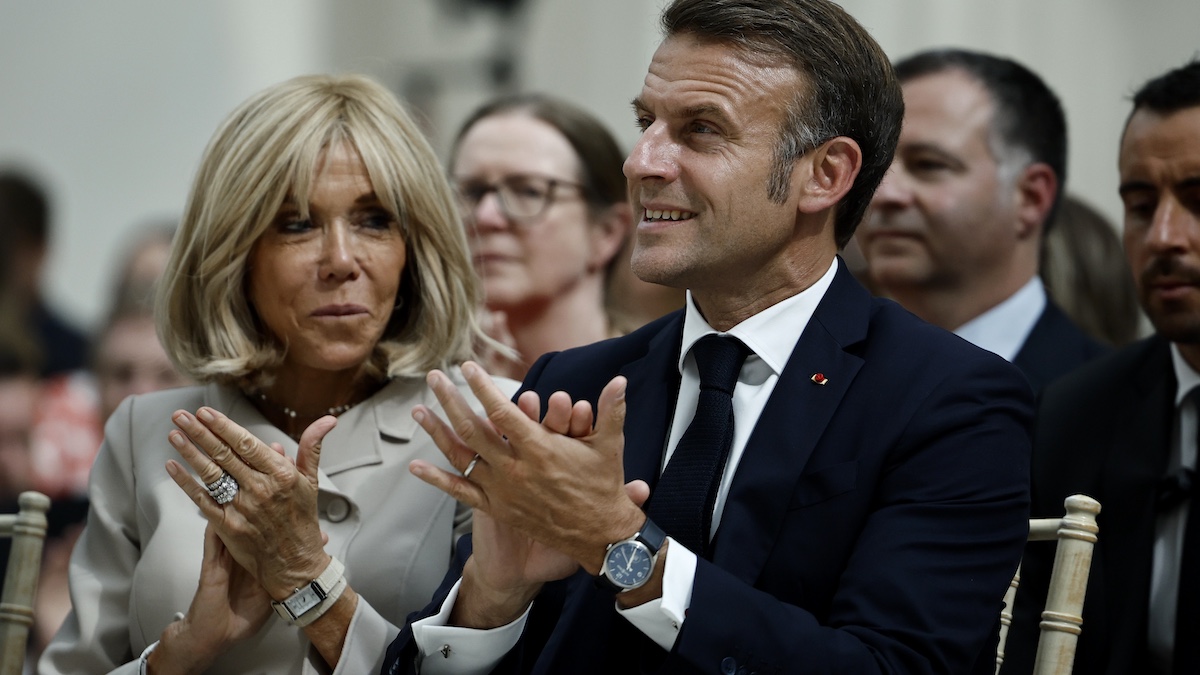
A Paris appeals court overturned the defamation convictions of Amandine Roy, a 53‑year‑old clairvoyant, and Natacha Rey, a 49‑year‑old blogger, both of whom accused France’s First Lady, Brigitte Macron, of being born male.
The Amandine Roy and Natacha Rey video
— Xavier Poussard (@XavierPoussard) July 10, 2025
On 10 July 2025, the Paris Court of Appeal acquitted Natacha Rey and Amandine Roy, who were sued by Brigitte Macron for a video broadcast of 9 December 2021 in which they claimed that Brigitte Macron was born a man under the name Jean-Michel Trogneux.
In January 2022,… https://t.co/RVioCi4jaY
According to the Daily Mail, in December 2021, Roy and Rey released a four‑hour YouTube video. In it, they claimed Brigitte Macron was born Jean‑Michel Trogneux—the name of her brother—and later transitioned into a woman. Rey called the story a “state lie” and a “swindle.” They even suggested Brigitte’s first husband never existed.
Brigitte and her brother took legal action in January 2022, filing a defamation suit in Paris. A lower court ruled against Roy and Rey in September 2023, ordering them to pay €8,000 (about $8,700) to Brigitte and €5,000 (about $5,400) to her brother.
Appeal ruling calls it “free speech”
On July 10, 2025, a Paris appeals court wiped the judgment clean. The judges found that the 18 disputed statements were protected as free speech and made “in good faith.” The court explicitly said these remarks did not constitute defamation, even if bizarre. But the judges did not rule on whether the accusations were true.
Debunking the Brigitte Macron conspiracy
Despite the ruling, the Brigitte conspiracy has no credible evidence. It confuses Brigitte’s real brother—Jean‑Michel Trogneux—with her, invents a non‑existent first husband, and twists minor discrepancies into a false narrative.
Major media outlets have described the allegations as baseless and false. President Emmanuel Macron condemned the rumors as “false information.” His daughter, Tiphaine Auzière, called it a “grotesque harassment.”
The convictions were overturned on free speech grounds, not because the allegations were proven true, and Brigitte’s legal team isn’t backing down. They’ve announced plans to appeal the ruling to France’s Court of Cassation, the country’s highest court.
If the Court of Cassation finds legal errors in the appeals court decision, it could reinstate the defamation convictions and reimpose the fines. However, it may also reaffirm the priority of free speech, even for fringe or controversial claims.







